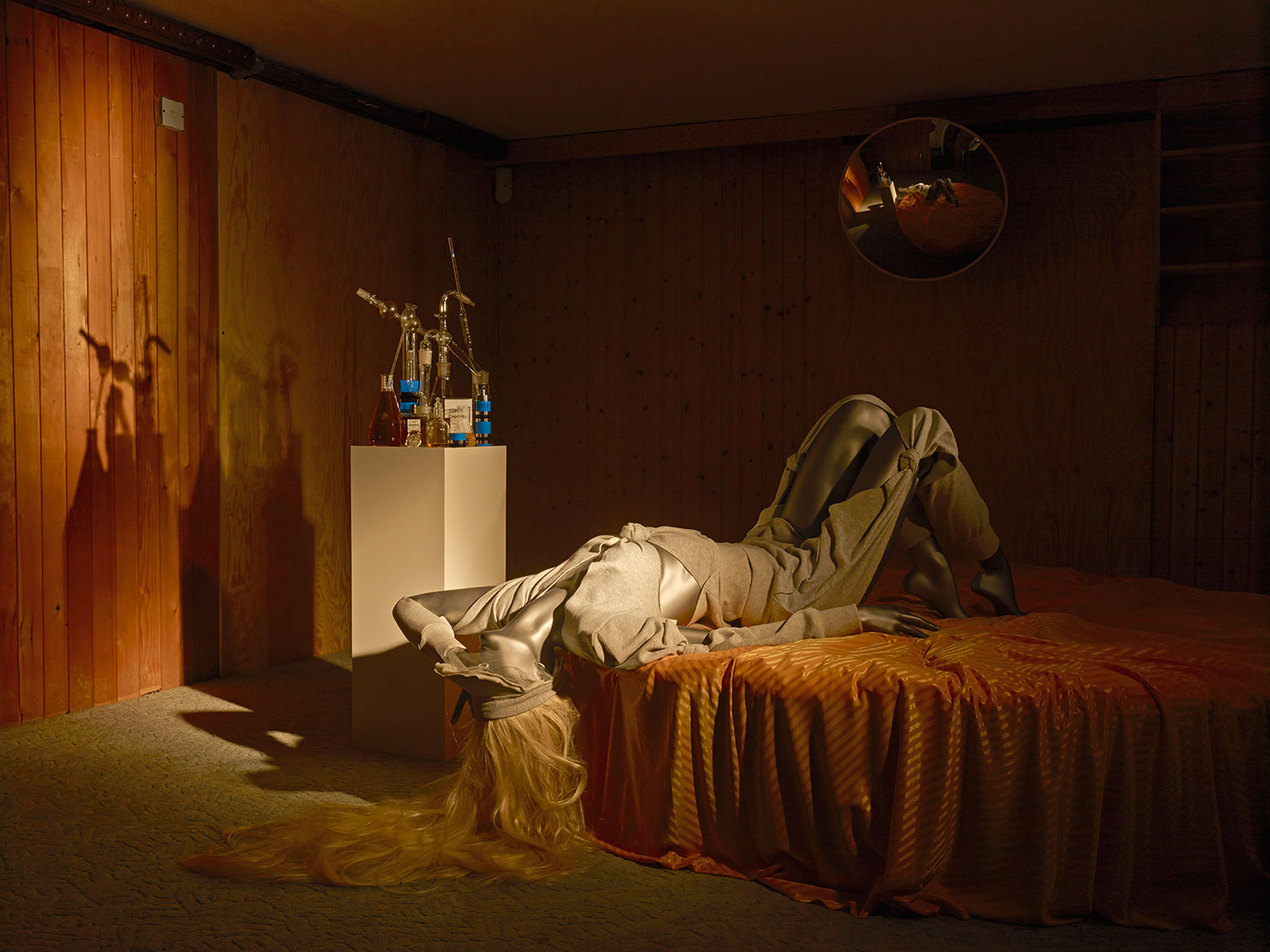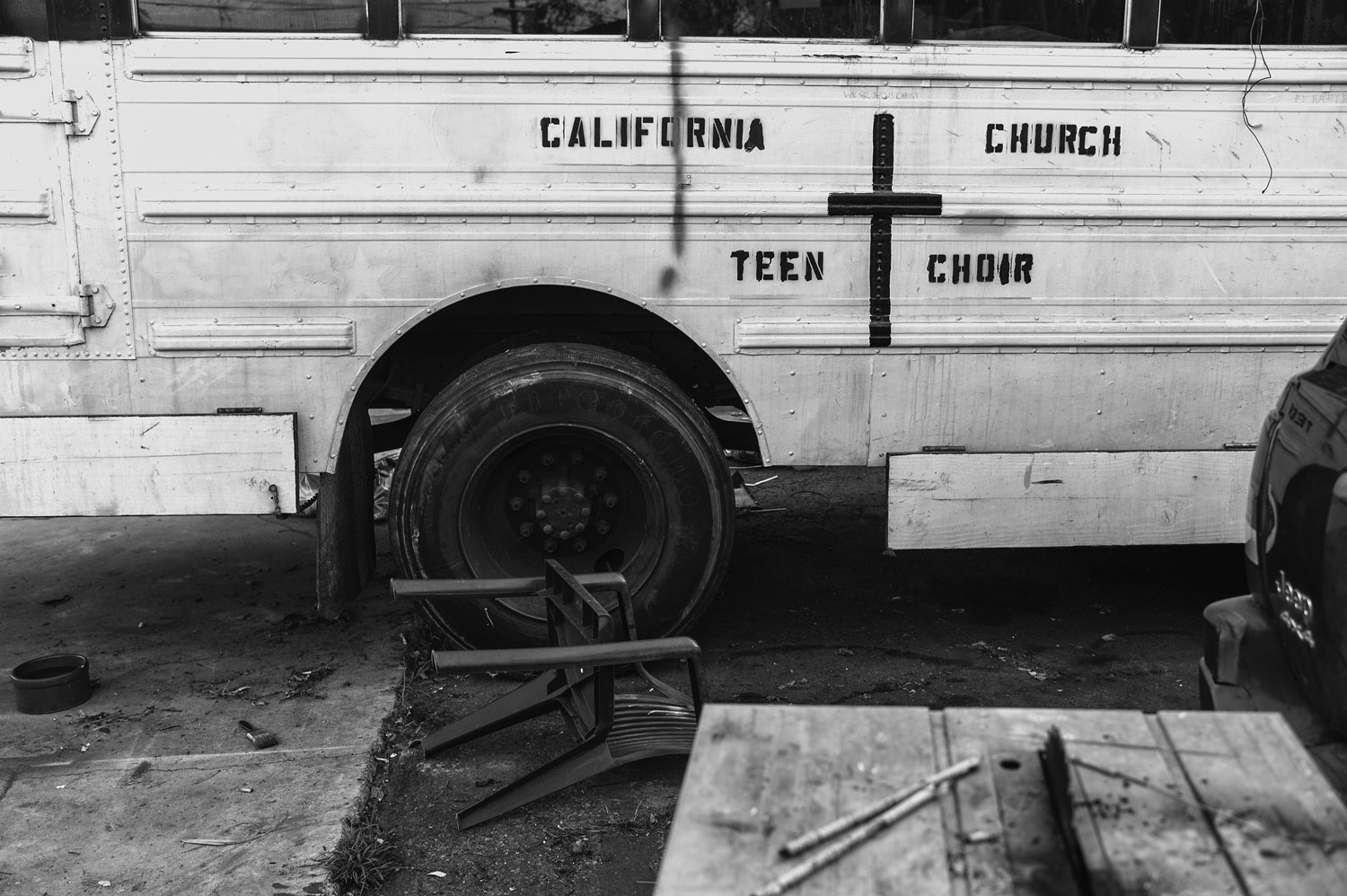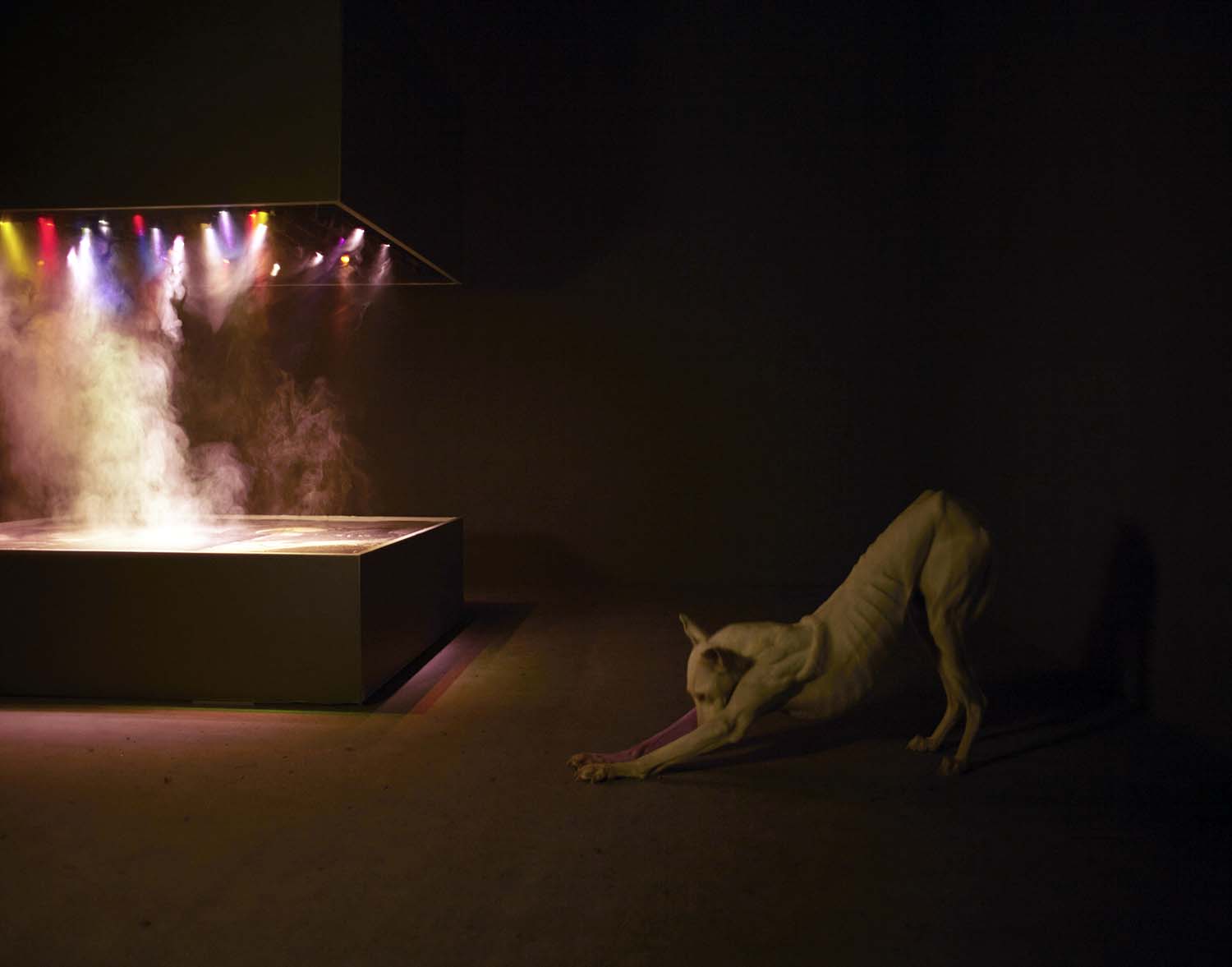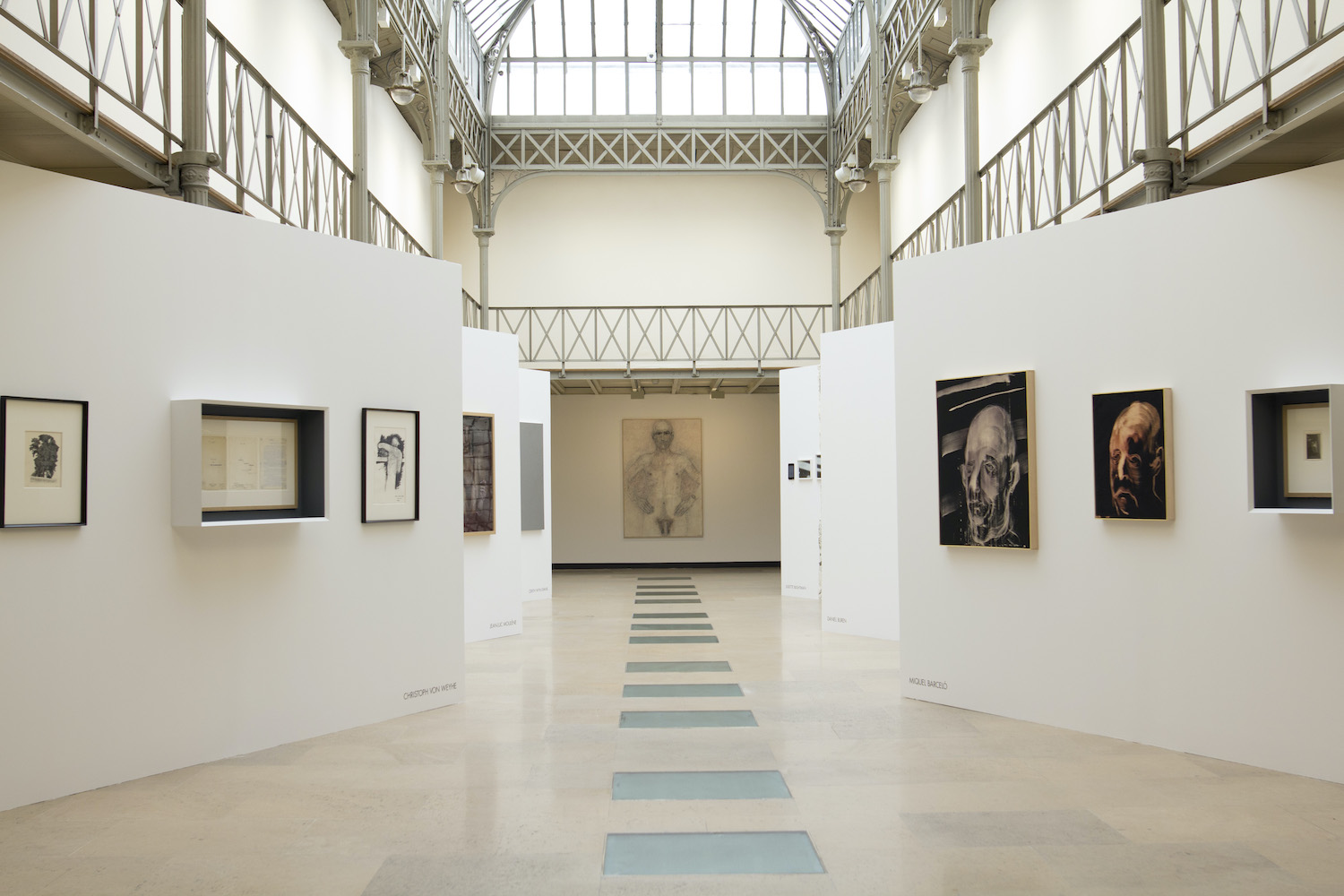
Donatien Grau is faithful to his idols. Pierre Guyotat is one of them. In 2016, Donatien realized the exhibition “Pierre Guyotat: The Matter of Our Works” in collaboration with Galerie Azzedine Alaïa. Four years later, and following Guyotat’s death last February, his fascination is more alive than ever: because September 9, 2020, marks the fiftieth anniversary of the writer’s groundbreaking book Eden, Eden, Eden, Grau has organized fifty celebratory readings and performances in various locations around the world (Los Angeles, Paris, Tbilisi, Lusanga, Dakar, Chicago, etc.). For a book censored at birth, Grau’s challenge was to find a way to manifest Guyotat’s epic vision in a colossal way today, to restore the legacy of the book, and to break free from obscurantism.
Alexandre Stipanovich: What makes Pierre Guyotat’s Eden, Eden, Eden so important to you that you wanted to celebrate it with fifty readings in fifty different locations across the planet on September 9?
Donatien Grau: Eden, Eden, Eden is a visionary text. Pierre saw and gathered all the suffering, the oppression, and, at times, the joy of humankind. He did it fifty years ago, and Eden, Eden, Eden is as vibrant — arguably more vibrant now — than it was when it was published and then censored. Whether colonial oppression (Pierre was a soldier during the Algerian War, and he sided with the Algerians; a lot of Eden was first composed in Algeria), sexual fluidity, or the challenge of male domination, this text saw it all. It is a very extreme text, for sure, which marks extreme sexuality and brutality. It is one of the greatest epics ever written — perhaps one of the last ones. It is also a rich inspiration for artists. A couple of years ago, with Azzedine Alaïa, we organized the exhibition “Pierre Guyotat: The Matter of Our Works,” which provided the ground for the multiplicity of readings we are shaping today. Pierre changed art, and, as he passed away a few months ago, now is the time for art to manifest the life of Pierre Guyotat.
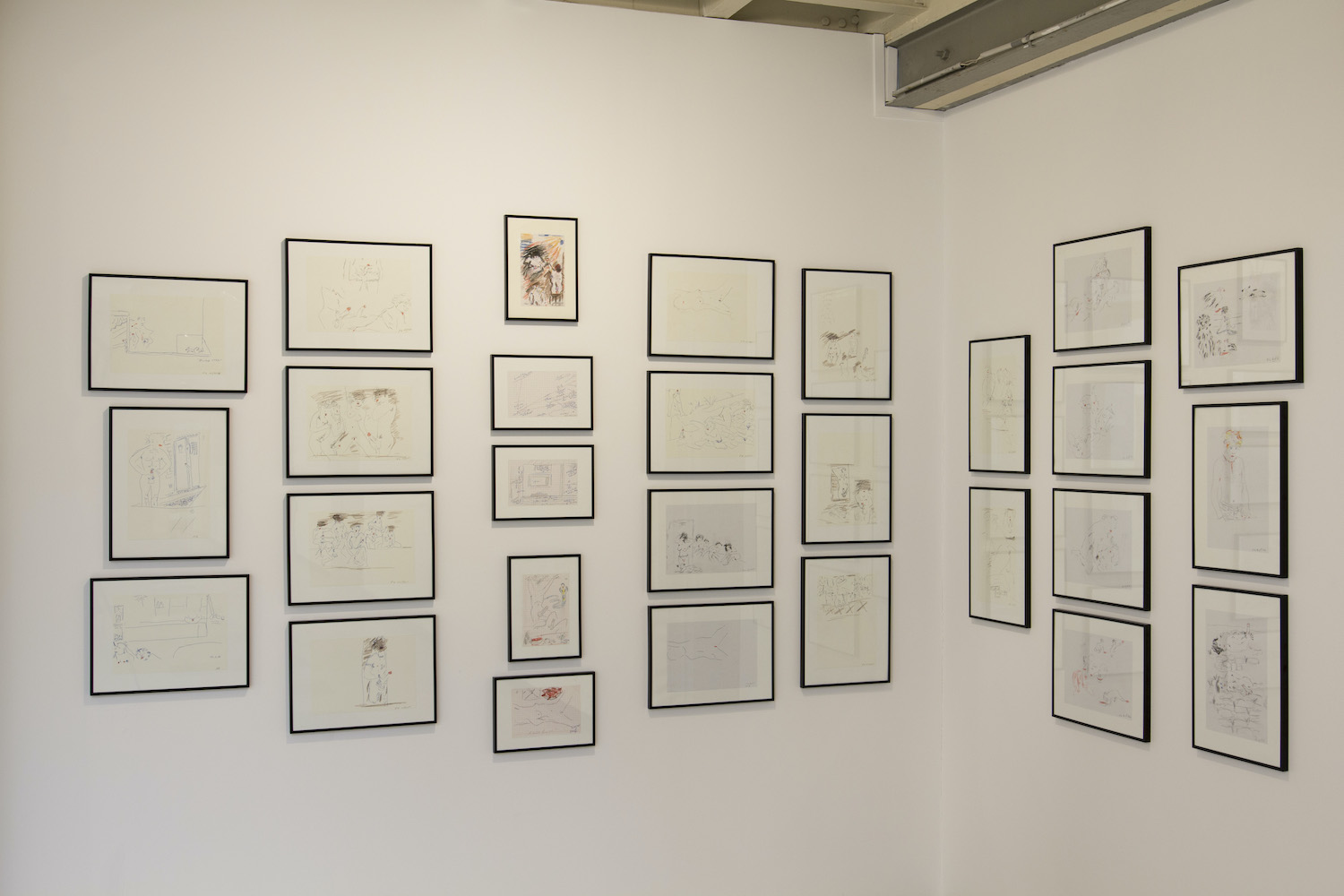
AS: Each location seems to propose a unique performance involving reading and dance, different translations and interpretations. How did you envision such a diverse celebration of a single text?
DG: As chairman of the Association Pierre Guyotat, I wanted every reading to be conceived by and with a partner. I and the board members of the Association Pierre Guyotat were present, but only as a resource: we provided information, background. With a few exceptions, in which I was personally involved alongside friends (in two cities dear to my heart, Paris for the full reading of the book, and LA, for the Instagram campaign at The Box), each partner conceived their own program with their own identity, their own ideas, their own politics as well. The diversity of the program reflects the diversity of Pierre’s impact in the world. Every venue was considered.
AS: What are the most breathtaking or surprising locations for this event and why: Los Angeles? Biskra? Dakar? Chicago?
DG: Every venue is a surprise. Tbilisi is extraordinary. So is Lusanga, in the Congo. But LA is too, or Saint-Julien-Molin-Molette, a mile away from where Pierre was born, where choreographer Emmanuelle Huynh will read and dance. It is quite amazing to have a partner in Biskra — really at the doors of the desert, in the location of the Touaregs, who speak Tamazig, the alphabet of the epigraph of the text, meaning “And now we are no longer slaves.” And then Rome, with a special sound display at Galleria Borghese. What can I say? More than the venue, it is the method of every partner that is exciting and unique.

AS: The selection of readers is unique, from Paul McCarthy to Abd Al Malik, from Olivier Py to Philippe Parreno. How did you select your readers/performers?
DG: A number of the choices were perfectly obvious, and this collaboration has been with artists as well as institutions. Just to address those names you mentioned: Paul was the first to appreciate Pierre’s drawings; Malik has read Pierre’s works many times; Olivier Py wanted to do a project with Pierre; and Philippe’s epiphany was with Eden, Eden, Eden. But these are just a few examples. Pierre’s work has had a very intense life in the creative community, and what we do now is to manifest it.
AS: You wrote that Pierre Guyotat has “changed the fabric of French language.” Could you expand on this?
DG: He created a form of French based on all forms of French, including all the layers of French history, French from all regions, French from all parts of the world, Algeria, Senegal, Congo, Pondicherry, Mauritius, Madagascar, Martinique. He is the first to have embedded all forms of French, equally, in language, creating an inclusive form of French, both in history and geography.
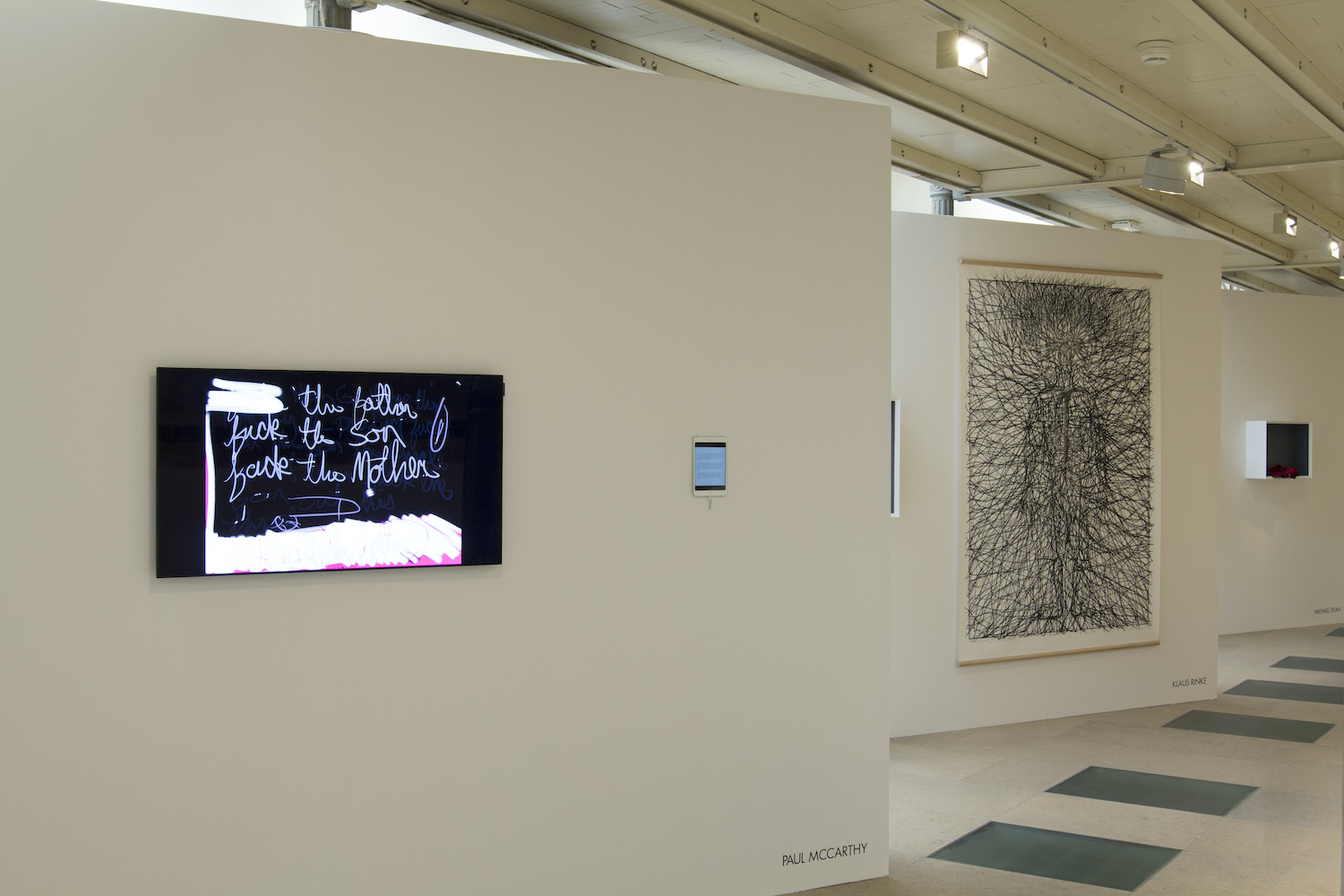
AS: You have just founded the Association Pierre Guyotat, and this first event is like a baptism. What other types of events do you foresee for the association?
DG: We are contributing to two publications on Pierre: one special issue of the legendary philosophical publication Lignes, and one academic book which will include contributions by scholars, authors, and artists, such as Noura Wedell, Emmanuelle Huynh, Philippe Parreno. We are working on gathering forces towards the further development of Pierre’s work. We are developing publications, collaborations, creations. Pierre’s work is open to artists as well as to scholars. We have to keep it this way.
AS: What makes a reading a successful collective experience?
DG: There is no one way to experience it: it is one and many. It is one experience, that people may have in a single place, and it is global as well. There are some venues where, because of the current situation, it will not be possible to experience the reading with a physical audience, others where it will indeed be possible. Online, it will be free. But in a way, we have thought hard to try to turn the current situation into a resource rather than a limit: there have been Guyotat reading communities all over the world, but they have only connected in the secrets of the underground. Here, the creation of online content is a way for all of Guyotat’s admirers to unite and to see that they are not on their own in their desire for freedom.
AS: What do you want people to take away from this celebration?
DG: It is a bit silly to say, but a unique experience. Besides, we will place videos and recordings on the platform eden50.org for a year. Therefore, it will be possible to keep experiencing the readings for the whole year of the anniversary. As I said, it will be the one and the many. And in a way, this is how we live in the world, all together, all separate, and here, separately, with Pierre, together.

